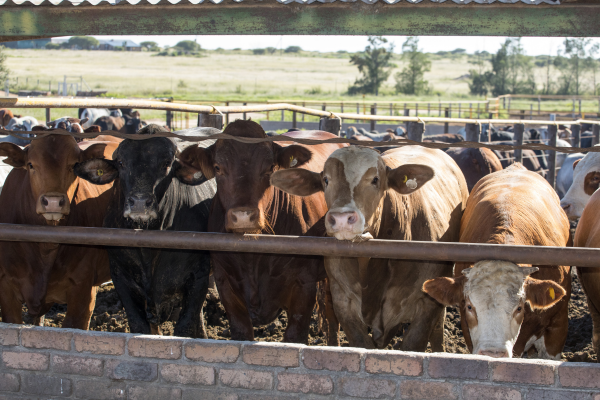New bill on the hill: A bill was introduced in the House and Senate on September 25 that would use existing conservation funds to support producers in converting their already established concentrated animal feeding operations (CAFOs) to production systems deemed more climate-friendly.
Break it down: This is a grant program called the Industrial Agriculture Conversion Act (IACA), which would be under the existing USDA Environmental Quality Incentives Program (EQIP). Funds would be available to producers with medium or large CAFOs who will convert their facilities and programs to either pasture-based livestock production or crop production.
This is the first standalone federal legislation to assist producers who want to transition away from intensive animal agriculture.
Driving force: The policymakers behind IACA say they support the bill to help producers find freedom in production agriculture and empower them to move away from what some deem “factory farms.”
Soundbite: “Corporate meatpackers use their market power to trap producers in the factory farm system with terrible profit margins and unsustainable debt. Their practices contribute to climate change and destroy rural communities. This legislation leverages conservation funding to give farmers a completely voluntary new path forward by providing them with the resources they need to transition to a more climate-friendly and humane production system that is good for people, animals, and the planet.” — Senator Cory Booker, (D-NJ)
Moo-ving the Needle on Insulin Production
Cows could give Big Pharma a run for its money. Researchers at the University of Illinois...
Farm Kids Fretting About FAFSA
The FAFSA Simplification Act, which passed in December 2020, is creating complexities that concern...
The Future of Soybean Farming by Meristem
The future of soybean farming is now. In what’s being called an "agricultural breakthrough," the...




